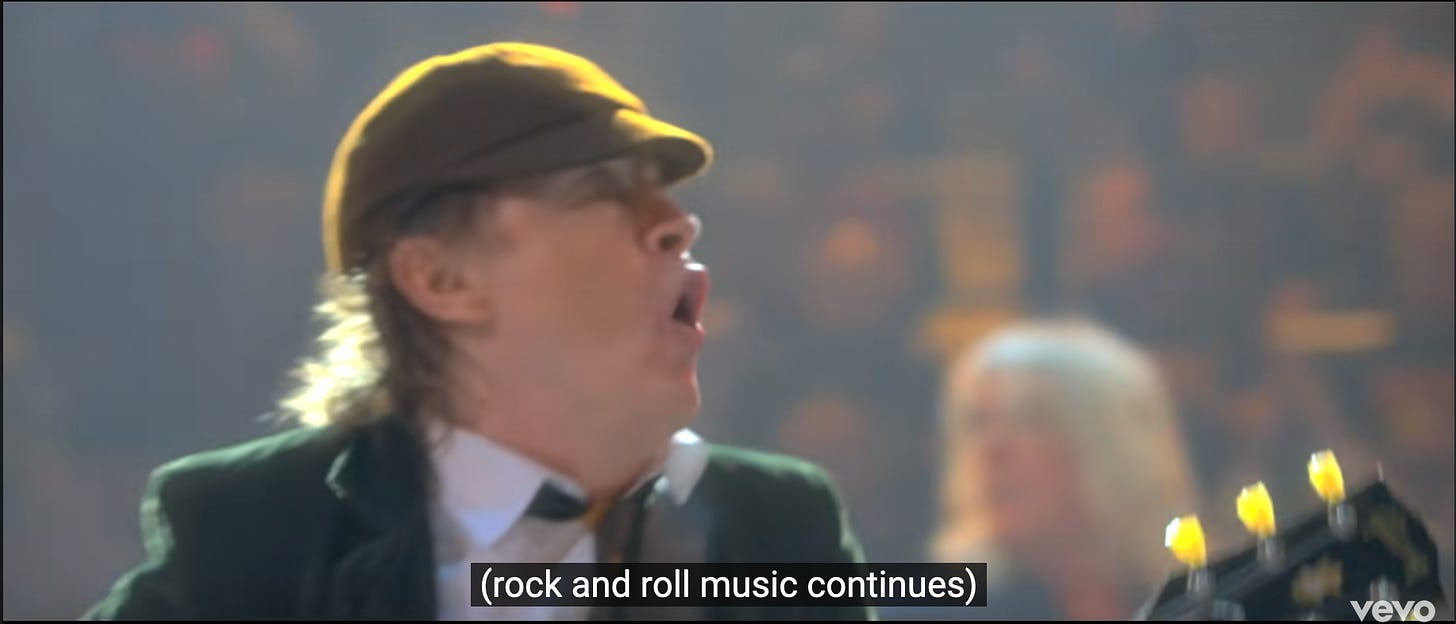Breaking news from Spotify: starting in 2024 (less than two months from now), they will no longer pay any royalty on tracks that fall below a minimum 1,000 streams a year. These tracks will still earn royalties, in theory – but those royalties will not be paid to their rights holders. Instead, they will go into a pot to be divided among accounts that garner more plays.
This is akin to a regressive tax – reducing payments to those who already receive less, in order to boost payments for those who already receive more, increasing the divide between haves and have-nots. It is, on the face of it, the ugliest of ugly capitalist cash grabs.
And yet Spotify will try and sell this as “artist-friendly.” It is to reduce fraud, they say. But how precisely it would reduce fraud they do not explain. You can buy 1,000 fraudulent streams to beat this cap just like you can buy 10,000 or 100,000 or 1,000,000 streams to artificially boost a track now. It’s a small barrier for someone playing those number games.
Meanwhile, many many legitimate artists will lose out. Perhaps even more to the point, many many tracks by legitimate artists will lose out. “Most tracks on Spotify will not be eligible to receive royalties,” concludes Billboard. Most tracks. Not some. Most.
Spotify is asserting that most tracks on their platform literally do not count, and they likely will point to examples of bad faith uploads (30 seconds of non-Cagean silence, and so on) as if that is all they are targeting. But as Kevin Erickson of the Future of Music Coalition points out, “Among the people not hitting this threshold for big parts of their catalog: Pulitzer Prize and MacArthur prize winners and nominees. People at the pinnacle of artistic and critical acclaim in their respective niches are being told they have to get more fans to earn >$0.00.”
My own catalogue – and I am sure this is representative of nearly everyone’s streaming catalogue - has already been divided by Spotify into two: the tracks they use in playlists and algorithmic recommendations, and the ones they don’t. For Galaxie 500, that means a ridiculously wide range of streaming numbers even though we recorded only a few albums: we have tracks streaming up to 150,000 times a month on Spotify, down to under 100 times a month which would likely fail to make the minimum. For Damon & Naomi albums, the range is less extreme but the tracks that don’t get playlisted are more numerous - half our catalogue would likely fall below the minimum. Are we the kind of artist Spotify is trying to discount? Evidently. So are many of my friends, colleagues, and even heroes. Don’t tell me this is only about garbage tracks.
Will those of us who have tracks on both sides of the divide - let’s call us middle class artists - possibly net more from our catalogues as a result? Somehow, I doubt it. But even if we do, would it make up for devaluing a portion of our recordings to the point of declaring them royalty-free? How could it? And how dare they?
As usual, most artists will have no say in the matter. Spotify will come to an arrangement with the three major labels – whose royalty payments will certainly go up as a result (Spotify estimates that $40 million will shift hands from this, Billboard estimates it at $46 million) - and that will be that. The bulk of us will get the usual take-it-or-leave-it offer: click here and accept the terms and conditions, or don’t participate in the 21st-century economy.
What’s more, to keep any tracks on the platform that continue to earn royalties, we will likely have to leave all the newly royalty-free ones up there as well. Or are we supposed to post only bits of our albums. Or maybe just the B-side that Spotify’s algorithm pulled from an obscure EP for god knows why.
The damage that Spotify is doing to the music ecosystem is well known. But it seems they are only getting started. Two months from now it will already be much worse. Either musicians force their way into the decision making for streaming, or the corporations controlling it will force musicians out. Musicians with work that falls below this minimum: organize. And for those near or at the top, whom this may well benefit: isn’t it time you spoke out for the musical community as a whole?
Listening to: Vidrio, by Titanic
Cooking: Storage apples







Spotify generated tons of junk tracks itself to waylay residuals to artists like ambient, drone, white noise, and so on. So it's rich that they can generate a ton of junk then point at the junk and say, "Hey, there's a lot of junk on this platform."
Read the Guardian article you wrote and posted here, Damon. Well said. Thank you.